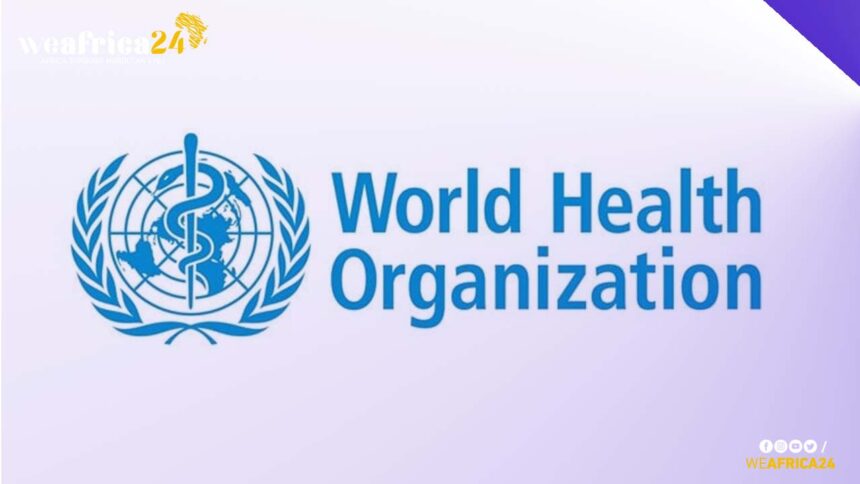Anaemia is a global public health issue that affects 840 million women and children worldwide, according to the World Health Organisation (WHO), this condition occurs when the number of red blood cells or hemoglobin concentration within them falls below normal levels.
The optimal hemoglobin concentration required to meet physiological needs varies by age, sex, smoking habits, elevation of residence, and pregnancy status. Nutrient deficiencies, infections, inflammation, chronic diseases, gynecological and obstetric conditions, and inherited red blood cell disorders are all factors that can contribute to this condition.
Iron deficiency is the most common nutritional cause of the condition, although deficiencies in folate, vitamins B12, and A are also significant causes.
WHO launched its first-ever comprehensive framework on reducing anemia during the International Maternal Newborn Health Conference held in Cape Town, South Africa, from May 8 to May 11, 2023, to urge countries to accelerate action to halve anemia prevalence in women of reproductive age by 2025.
The organization notes that progress on reducing Iron deficiency has been slow, and the world is not on track to reach the global target.
The Director of WHO’s Department of Nutrition and Food Safety, Francesco Branca, emphasized that although efforts to address anemia have mainly focused on the prevention and treatment of iron deficiency, it is a multifaceted condition with various underlying causes.
Anaemia Prevalence and Consequences
A 2022 Nigerian study published on Science Direct found that the prevalence of anemia among children aged 6 to 59 months in Nigeria was 68.1 percent, with Zamfara State having the highest prevalence of 84 percent, Lagos and Kaduna states recorded the lowest prevalence rates at 53 percent and 50 percent.
The study’s authors noted that according to the WHO standard classification of anemia prevalence, every state in Nigeria has severe Iron-poor blood status among children aged 6–59 months.
The consequences of anemia could be daunting, especially for young children, the Nigerian study found that anemia could put the lives of young children at risk of mental and reduced cognitive development, and poor social, academic, and working abilities as they grow older.
To address anemia among children under five years of age in Nigeria, the researchers suggested a multidimensional approach, including identifying at-risk population groups.







